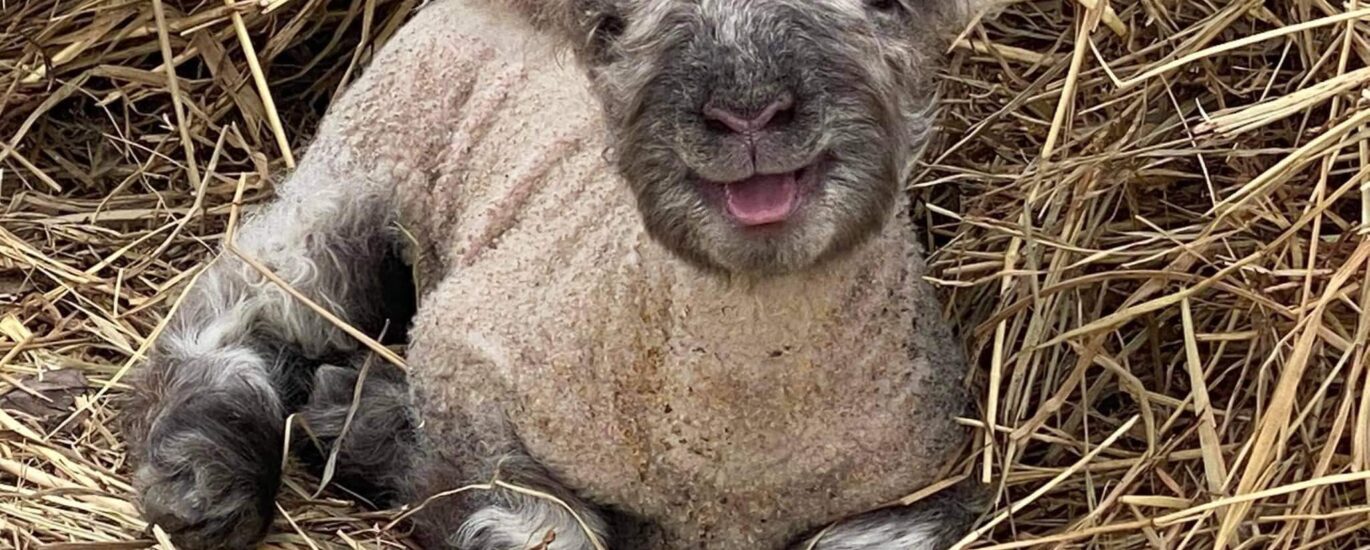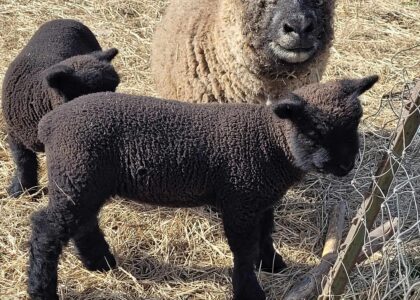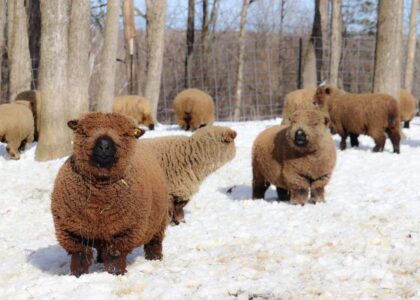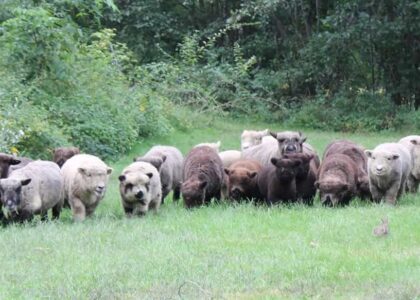The breeding season is a crucial time for Babydoll sheep breeders, marking the period when mating occurs to ensure the continuation of the flock. Understanding the intricacies of the breeding season is essential for successful reproduction and maintaining a healthy and productive flock.
Understanding Babydoll Sheep Breeding Season
The breeding cycle of Babydoll sheep revolves around the concept of estrus, commonly known as “heat,” and ovulation. Ewes typically exhibit signs of estrus, indicating their readiness to mate, which is characterized by increased activity, vocalization, and receptivity to the ram. Ovulation occurs shortly after the onset of estrus, marking the peak fertility period for the ewe.
Factors Influencing Breeding Success
Several factors influence the success of breeding in Babydoll sheep. Adequate nutrition and optimal body condition are critical for ewes to conceive and support pregnancy. Environmental conditions, such as temperature and daylight hours, can also impact breeding behavior and fertility. Additionally, genetic considerations play a significant role in determining the reproductive performance of the flock.
Preparation for Breeding Season
Preparing for the breeding season involves conducting health checks and vaccinations to ensure the overall well-being of the flock. Ewes and rams should be assessed for any health issues that may affect their reproductive capabilities. Selecting high-quality breeding stock with desirable traits helps improve the genetic potential of the offspring.
Breeding Techniques
Breeding in Babydoll sheep can occur through natural mating or artificial insemination (AI). Natural mating involves allowing ewes and rams to mate freely, while AI involves collecting semen from a selected ram and artificially inseminating the ewes. Both methods have their advantages and considerations, depending on the breeding goals and resources available.
Monitoring and Management During Breeding Season
During the breeding season, diligent monitoring and management are essential to ensure mating success and address any reproductive issues that may arise. Observing ewes for signs of estrus and detecting heat cycles accurately are crucial for optimizing breeding opportunities. Proper mating behavior and successful copulation should be monitored to confirm breeding success.
Post-Breeding Season Care
After the breeding season concludes, attention shifts to post-breeding care, focusing on confirming pregnancy and providing appropriate nutrition and prenatal care to pregnant ewes. Pregnancy confirmation can be achieved through various methods, such as ultrasound scanning or blood testing. Maintaining optimal nutrition and health during pregnancy is vital for the development of healthy lambs.
Challenges in Babydoll Sheep Breeding
Despite careful management, breeders may encounter challenges during the breeding season, such as infertility issues in ewes or breeding complications during mating. Identifying and addressing these challenges promptly is essential to optimize breeding outcomes and maintain the health of the flock.
Benefits of Successful Breeding
Successful breeding in Babydoll sheep leads to various benefits, including increased flock productivity through the birth of healthy lambs and the preservation of desirable genetic traits. Effective breeding management also contributes to genetic diversity within the flock, ensuring its long-term viability and adaptability to changing environmental conditions.
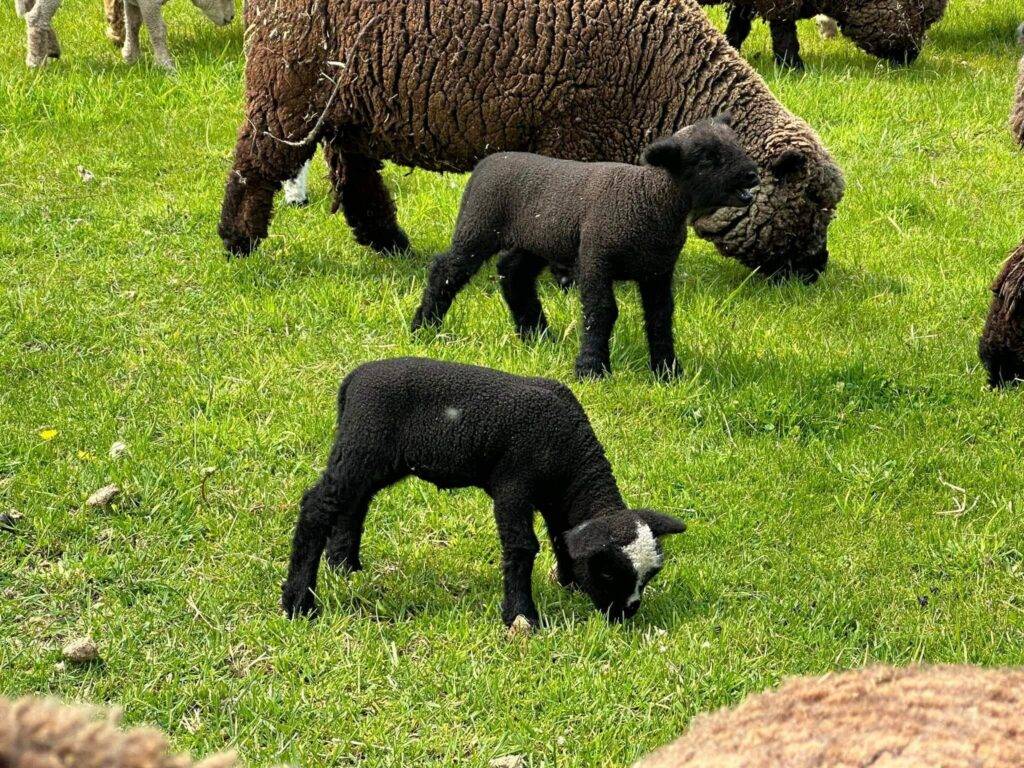
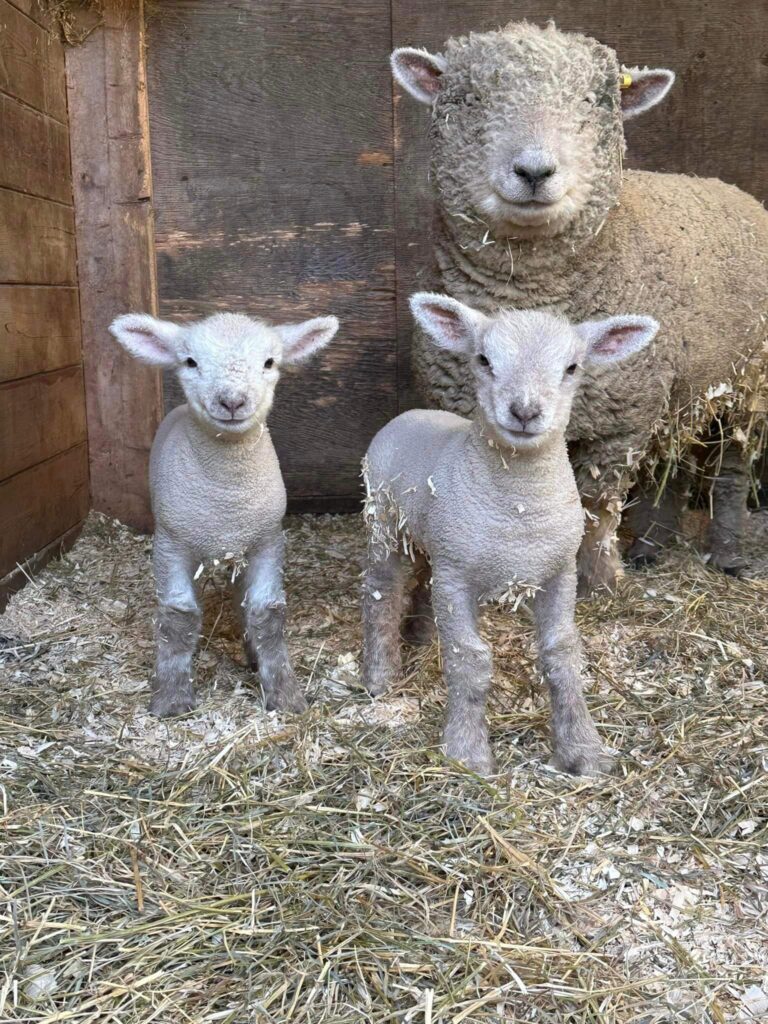
Conclusion
The breeding season is a critical period in the life cycle of Babydoll sheep, influencing the future of the flock and its productivity. By understanding the breeding cycle, implementing effective management practices, and addressing challenges promptly, breeders can ensure successful reproduction and maintain a thriving and sustainable flock.
FAQs
- What is the duration of the Babydoll sheep breeding season?
- The breeding season for Babydoll sheep typically occurs in the fall, lasting for several weeks to a few months, depending on environmental factors and breeding management.
- How can I determine if a ewe is in estrus?
- Ewes in estrus exhibit behavioral changes such as increased activity, vocalization, and receptivity to the ram. Observing these signs can help identify ewes ready for mating.
- What should I feed Babydoll sheep during the breeding season?
- During the breeding season, Babydoll sheep should be provided with a balanced diet rich in nutrients to support reproductive health and fertility. Consult with a veterinarian or nutritionist for specific dietary recommendations.
- What are some common breeding complications in Babydoll sheep?
- Common breeding complications in Babydoll sheep may include infertility issues, difficulty in mating, and pregnancy-related complications. Regular monitoring and prompt veterinary intervention can help manage these challenges.
- How can I improve breeding success in my Babydoll sheep flock?
- To improve breeding success, focus on selecting high-quality breeding stock, maintaining optimal nutrition and health, implementing effective breeding management practices, and addressing any reproductive issues promptly.

